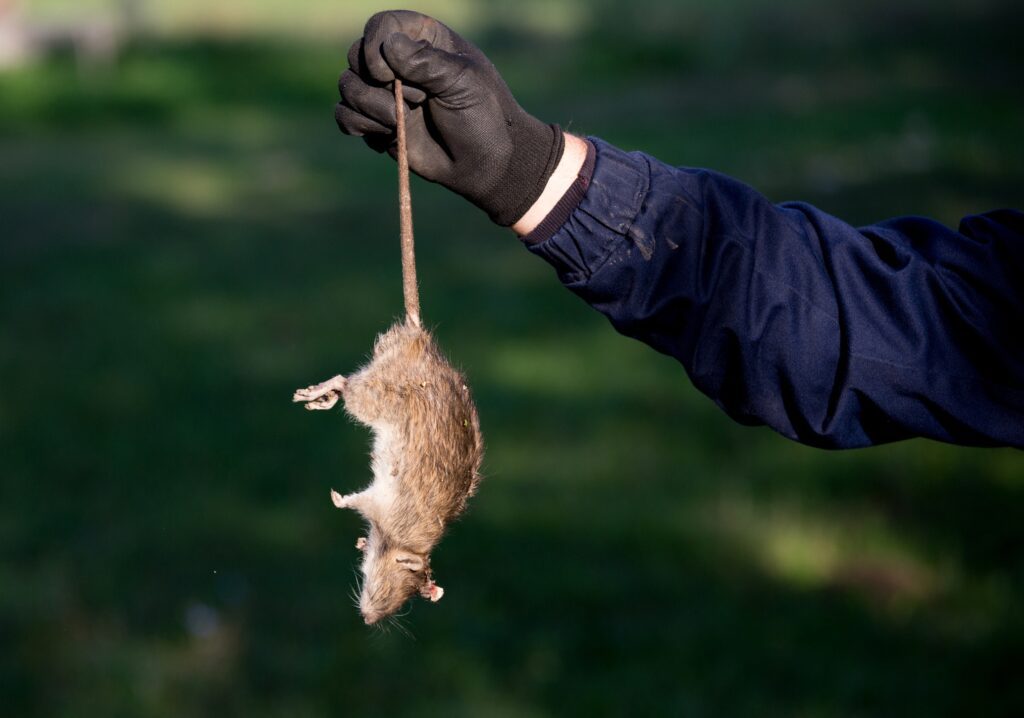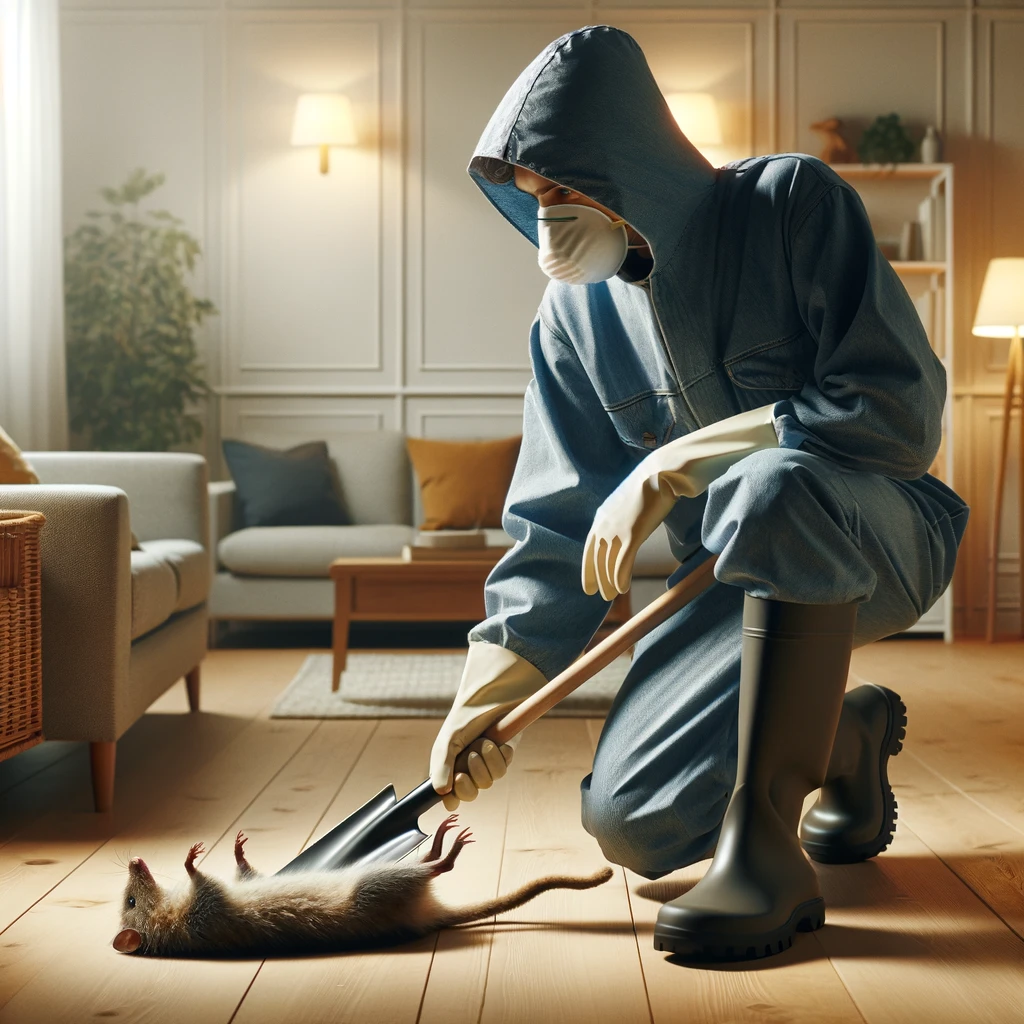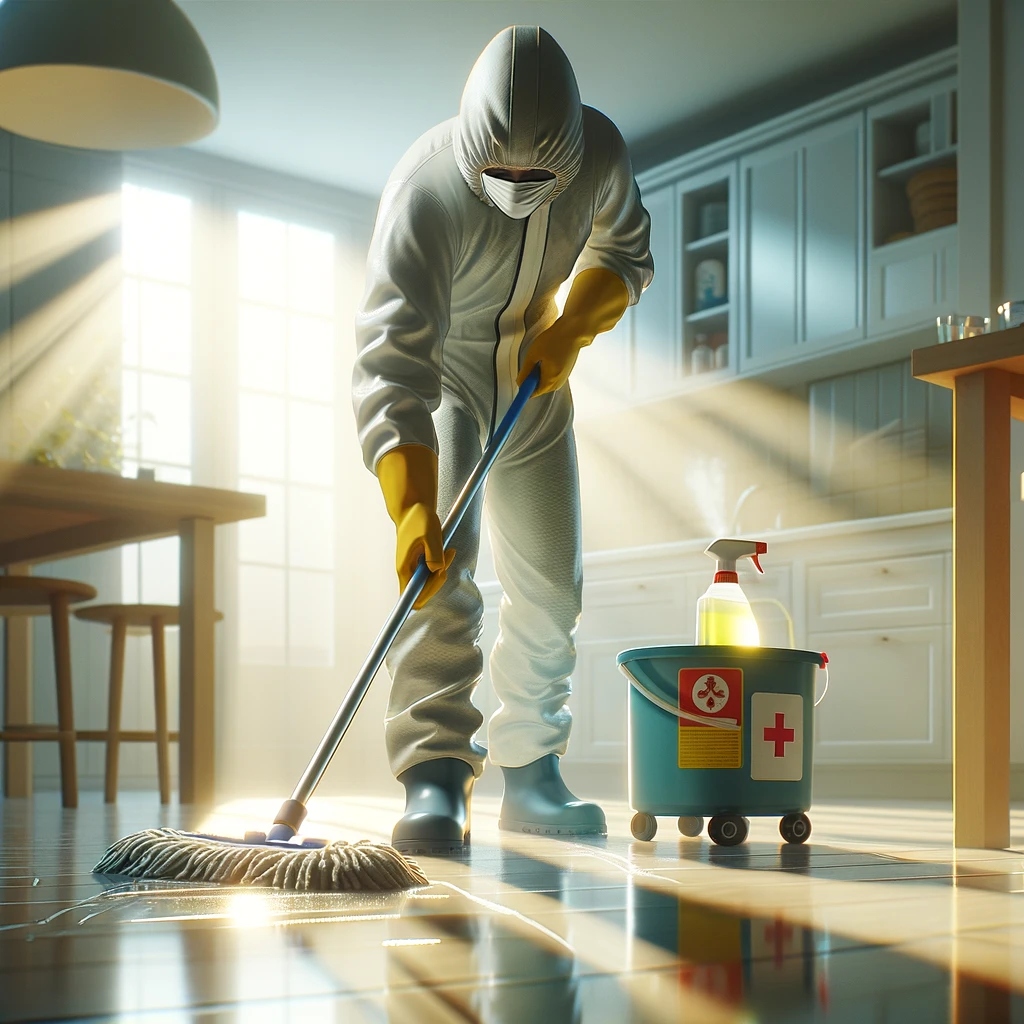
If you've ever had the unfortunate experience of dealing with a dead animal in your home, you know just how unpleasant the resulting smell can be. The putrid odor lingers in the air, making it nearly impossible to ignore. However, there are effective ways to eliminate the dead animal smell and restore freshness to your home. In this article, we will explore different methods to tackle this issue head-on.
When faced with a dead animal smell, the first step is to locate and safely remove the source. This is crucial in order to eliminate the odor for good. While it may be tempting to conduct the removal yourself, it is highly recommended to seek professional assistance. Trained experts have the necessary tools and knowledge to handle the situation safely and efficiently.
It's important to understand that dead animals can carry harmful bacteria and diseases. Handling the carcass without proper protection can put you at risk. Exposure to pathogens can lead to potentially serious health issues. Therefore, it's always best to leave it to the professionals.

When a dead animal is discovered in your home, contact a professional wildlife removal service immediately. They will dispatch a team to handle the situation promptly and effectively. These professionals are equipped with the necessary tools and protective gear to ensure safe removal.
Once the animal is removed, the professionals will also sanitize the affected area. This step is crucial to eliminate any remaining bacteria and odors. They will use specialized cleaning agents that are specifically designed to neutralize the smell and eliminate harmful bacteria.

After the removal of the dead animal, it's important to thoroughly clean and disinfect the affected area. This will help eliminate any remaining odor and prevent the spread of germs. It's important to use the right cleaning agents and techniques to ensure effective odor removal.
A good starting point is to ventilate the area by opening windows and using fans to circulate fresh air. This will help disperse the odor and bring in clean air. Once the area is well-ventilated, use a mixture of warm water and a disinfectant cleaner to scrub the affected surfaces. Pay extra attention to walls, floors, and any other areas that may have come into contact with the dead animal.
In some cases, it may be necessary to remove and replace affected materials such as carpeting or insulation. These materials can absorb the odor and be difficult to clean thoroughly. It's best to consult with professionals to determine the extent of the damage and the necessary steps to restore your home.
Aside from the offensive smell, dead animals pose health risks that should not be taken lightly. Decomposition releases various toxic gases that can be harmful if inhaled. Additionally, dead animals can also carry diseases and parasites that can be transmitted to humans and pets.
Some common health risks associated with dead animals include bacterial infections, viral diseases, and flea or tick infestations. It's important to take necessary precautions and seek professional help to minimize the health risks associated with dead animals in your home.

Once the dead animal has been safely removed and the affected area has been thoroughly cleaned, it's important to take preventive measures to avoid future incidents and the spread of germs. Here are some tips to keep in mind:
By following these preventive measures, you can significantly reduce the chances of experiencing another dead animal smell in your home.
Dealing with a dead animal smell in your home is undoubtedly unpleasant, but it's not a problem without a solution. By contacting professionals, safely removing the dead animal, and following effective cleaning methods, you can eliminate the odor and restore freshness to your home. Remember to prioritize your safety and health throughout the process. Prevention is also key in avoiding future incidents. By taking the necessary preventative measures, you can enjoy a home free from the smell and risks associated with dead animals.
Did you know that the decomposition process of a dead animal can vary depending on various factors such as temperature, humidity, and the size of the animal? For example, a small rodent may decompose within a few days, while a larger animal like a deer can take several weeks to fully decompose.
During the decomposition process, gases such as methane and sulfur compounds are released, contributing to the unpleasant odor. These gases can linger in the air and penetrate porous materials, making it challenging to completely eliminate the smell without professional intervention.